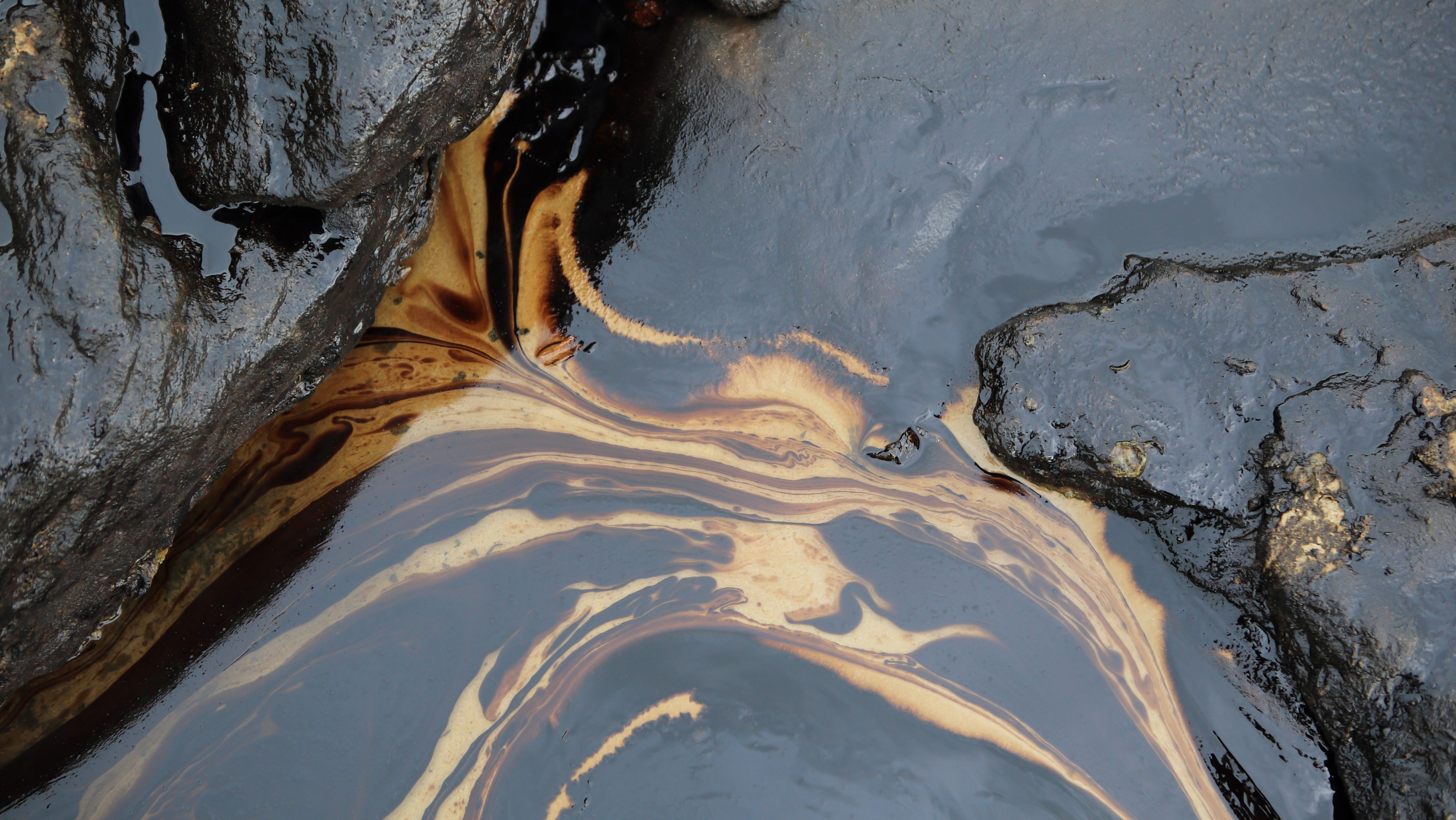SINGAPORE: Pasir Ris Beach has officially reopened for swimming and water activities following successful cleanup operations after an oil spill earlier this month. According to The Straits Times (ST), the National Environment Agency (NEA) announced on April 15 that water quality in the area has returned to normal; thus, the swimming advisory in place since April 3 has been lifted.
“You can now swim and take part in water activities at Pasir Ris Beach,” the NEA shared in a Telegram post, while also noting that a swimming advisory remains in effect at Changi Beach. “We will continue to monitor water quality at Changi Beach and update when the waters are safe for swimming and other primary contact activities.”
Oil spill’s wide-reaching impact
The spill, which released approximately 1.6 cubic metres of very low sulphur fuel oil, originated from a pipe leak at Langsat Terminal near the mouth of the Johor River. On the same day, NEA issued advisories against swimming at Changi and Pasir Ris beaches as the spill spread across parts of Singapore’s north-eastern coast.
The environmental incident had immediate consequences for marine life and nearby recreational areas. Several fish farms in the East Johor Strait were affected, alongside ecological sites such as the Chek Jawa Wetlands. The beaches were temporarily closed for public health reasons.
Addressing concerns over food safety
ST reported that the incident sparked questions about food safety. In a Facebook update, the Singapore Food Agency (SFA) confirmed that both imported seafood and products from local farms have been undergoing regular testing. The test concluded that all products have been deemed safe for consumption.
One of the more significantly affected farms, De Kelong, halted operations immediately after the spill. As of April 15, it has resumed sales and distribution of seafood, marking a key step in recovery for the region’s aquaculture industry.
Authorities remain cautious about Changi Beach after the reopening of Pasir Ris Beach. Continued monitoring and water quality testing are underway, and updates are to be provided when conditions improve. The dual beach advisory issued on April 3 reflected a proactive response by agencies to minimise health risks and environmental damage.
Public reactions highlight concern and gratitude
Social media users on Facebook have been commenting on the clean-up efforts. They expressed appreciation for those on the ground and concern over the environmental toll. One user reflected on the difficulty of the work involved, asking: “Are there more efficient shore cleanup methods available, given the current challenging weather conditions and the physical demands of carrying waste bags?”
Others noted the strenuous efforts by workers, with a commenter noting, “Tedious job… hope they’re well hydrated. The cleaners are experienced by now. Thank you.” Environmental concerns were also brought up. “Hope everything gets cleaned up quickly and safely,” one user shared. “Concerned about the impact on the marine life.”
The comments reflect a growing awareness of the delicate balance between human activity and nature, and a shared hope that the clean-up continues to progress smoothly for both people and the planet.
Cautious optimism and vigilance exercised
The reopening of the beach is possible due to the efforts of multiple parties, including environmental agencies, food safety authorities, and the affected fish farms. These incidents serve as a reminder that we must carefully balance our economic activities and our responsibility to the environment because of the coastal ecosystem’s fragility.
With the reopening of Pasir Ris Beach, the focus has now turned to building long-term stability. Clean-up operations are only responsive, and proactive measures to prevent future recurrences must be prioritised.
Featured image by Vecteezy (for illustration purposes only)

